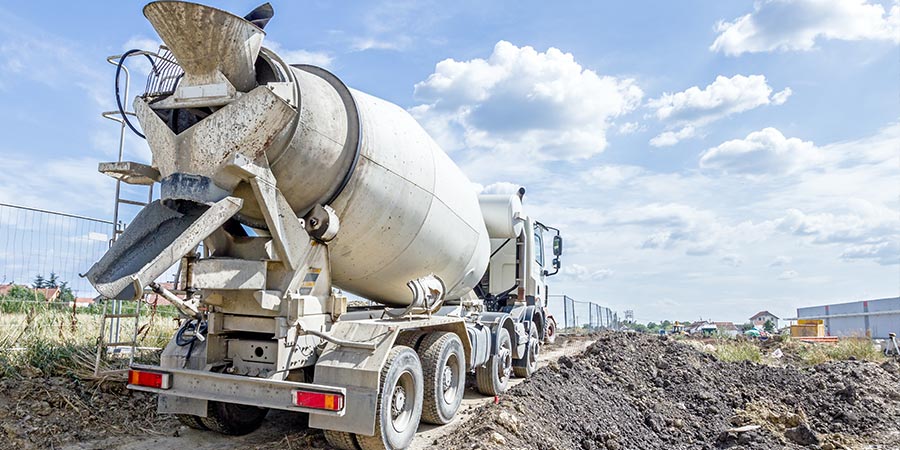Ready Mix Concrete vs Site Mix Concrete Which the is Best
When planning a construction project, one of the most important decisions is choosing the right type of concrete. Two common options are Ready Mix Concrete (RMC) and Site Mix Concrete. Both have their advantages and limitations, and the choice depends on your project’s size, budget, and timeline.
In this blog, we will compare Ready Mix Concrete vs Site Mix Concrete and help you decide which one is the better choice for your construction needs.
What Is Ready Mix Concrete?
Ready Mix Concrete (RMC) is concrete that is manufactured in a batching plant, mixed in proper proportions, and delivered to the construction site in ready-to-use form using transit mixers.
What Is Site Mix Concrete?
Site Mix Concrete is prepared manually or with machines at the construction site. The materials like cement, sand, aggregates, and water are measured and mixed on-site.
Key Differences Between Ready Mix Concrete and Site Mix Concrete
Let’s understand the main differences between these two types of concrete:
| Feature | Ready Mix Concrete | Site Mix Concrete |
|---|---|---|
| Mixing Location | At a central batching plant | At the construction site |
| Quality Control | High and consistent | Depends on site workers |
| Time Efficiency | Saves time | Time-consuming |
| Labor Requirement | Low | High |
| Material Wastage | Minimal | High |
| Space Requirement | Less space needed | More space for storage and mixing |
| Cost | Slightly higher upfront | Lower material cost but higher labor cost |
| Suitable For | Large, time-sensitive projects | Small projects with flexible timelines |
Pros and Cons of Ready Mix Concrete
✔️ Advantages of Ready Mix Concrete
- Consistent Quality – Mixed in controlled conditions.
- Faster Construction – Saves time on mixing and preparation.
- Less Labor Required – Reduces labor costs.
-
Cleaner Site – Less mess and dust.
-
Customizable Mixes – You can order specific concrete grades.
❌ Disadvantages
-
Higher Initial Cost – But cost-effective in the long run.
-
Transportation Challenges – Needs to be used within 90–120 minutes.
Pros and Cons of Site Mix Concrete
✔️ Advantages of Site Mix Concrete
-
Lower Material Cost – Raw materials are cheaper.
-
Flexibility – Small changes in mix can be done instantly.
-
Good for Remote Areas – Where ready mix delivery is not available.
❌ Disadvantages
-
Inconsistent Quality – Depends on worker skills.
-
Labor Intensive – Needs more manpower.
-
Wastage of Materials – Hard to measure exact quantities.
-
Slower Process – More time is required for mixing.
When to Choose Ready Mix Concrete?
Choose Ready Mix Concrete when:
-
You are working on large-scale or time-sensitive projects.
-
You want high quality and uniform concrete.
-
You have limited space at the construction site.
-
You want to reduce labor and construction time.
When to Choose Site Mix Concrete?
Choose Site Mix Concrete when:
-
Your project is small or in a remote location.
-
You have flexible deadlines.
-
You want to save on initial material costs.
-
You can manage skilled labor on-site.
Conclusion: Which One Is Better?
Both Ready Mix Concrete and Site Mix Concrete have their own benefits. However, Ready Mix Concrete is ideal for modern construction where speed, quality, and efficiency are essential. On the other hand, Site Mix Concrete works for smaller projects or areas where RMC access is limited.
If your goal is to save time, improve quality, and reduce hassle, then Ready Mix Concrete is the smarter choice.









